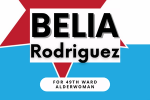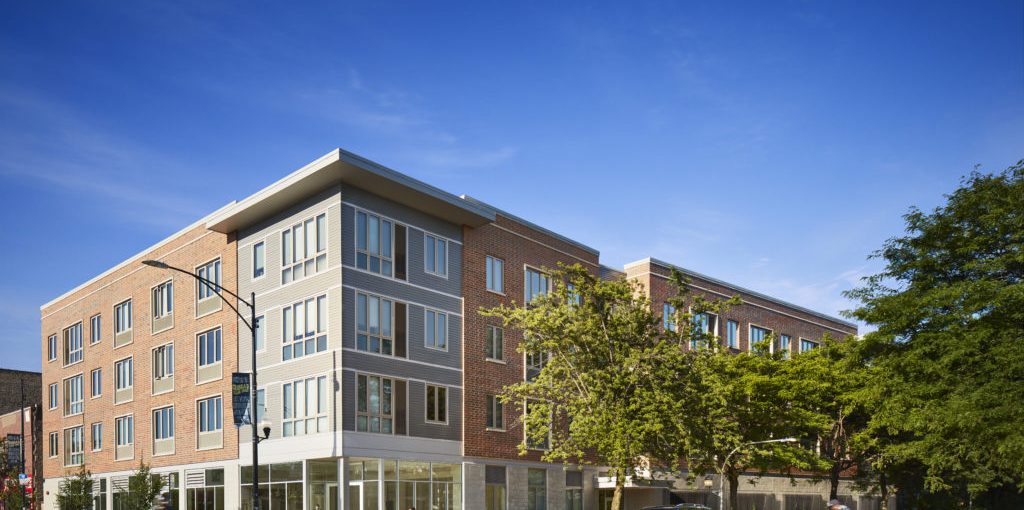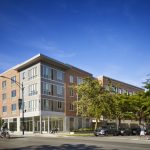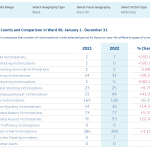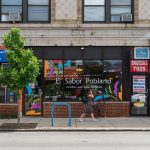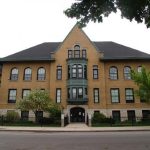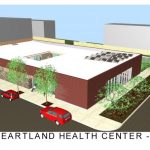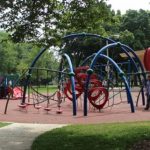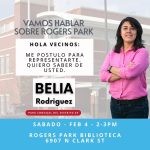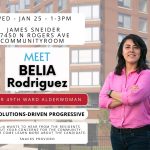Development is a positive sign that a community is doing well. To address the rising cost of housing, we must make sure that we are increasing our supply at a pace that can keep up with population growth. Stifling supply while demand across the city, state, and nation grows will only cause rents to grow with it. Balancing supply will ensure that existing available housing remains affordable. With a little planning and the establishment of procedures and guidelines, we can set expectations for future developments that address the concerns that are important to Rogers Park.
We want to encourage investment in Rogers Park, yet set parameters to maintain the diversity that we love and want to protect.
Belia Rodriguez
What Can We Do?
- Develop affordable housing guidelines for developers.
- Establish measures by which to grade proposals.
- Does it meet future goals?
- Does it add without displacement?
- Does it meet affordable unit requirements?
- Does it commit those units to proposed development instead of in lieu fee?
- Does it add jobs?
- What is the measured economic impact to the community?
- Is this a balanced proposal with private investment and not fully taxpayer subsidized?
- Is it financially sustainable on its own merits or will it require tax credits in the future?
- Address environmental sustainability in new developments. This includes establishing energy efficient minimum requirements, encouraging solar power generation to reduce energy consumption and costs for residents and common areas, and setting requirements for electric vehicle charging stations in parking areas.
- Establish a housing & development committee. This would include subject matter experts, such as urban planners, housing specialists, economic development organizations, and resident volunteers from each Rogers Park precinct.
- Developers would be required to meet with the housing and development committee, who would grade developer proposals and share feedback with the community.
- Committee would also be responsible for establishing future development plans, defining future development sites, identifying potential development partners, and promoting Rogers Park to like-minded developers who intend to be good neighbors and establish long-term commitments to the community.
In the past, there were committees with experience in urban planning that participated in the process. Urban planning is not a knowledge set that the common resident has or understands. This is not to say that the community does not have a roll in it, we absolutely do, but we also need guidance and background. If we want to make the right decisions for the future of our neighborhood, we need experts to inform us as to the questions we should be asking as a community.
